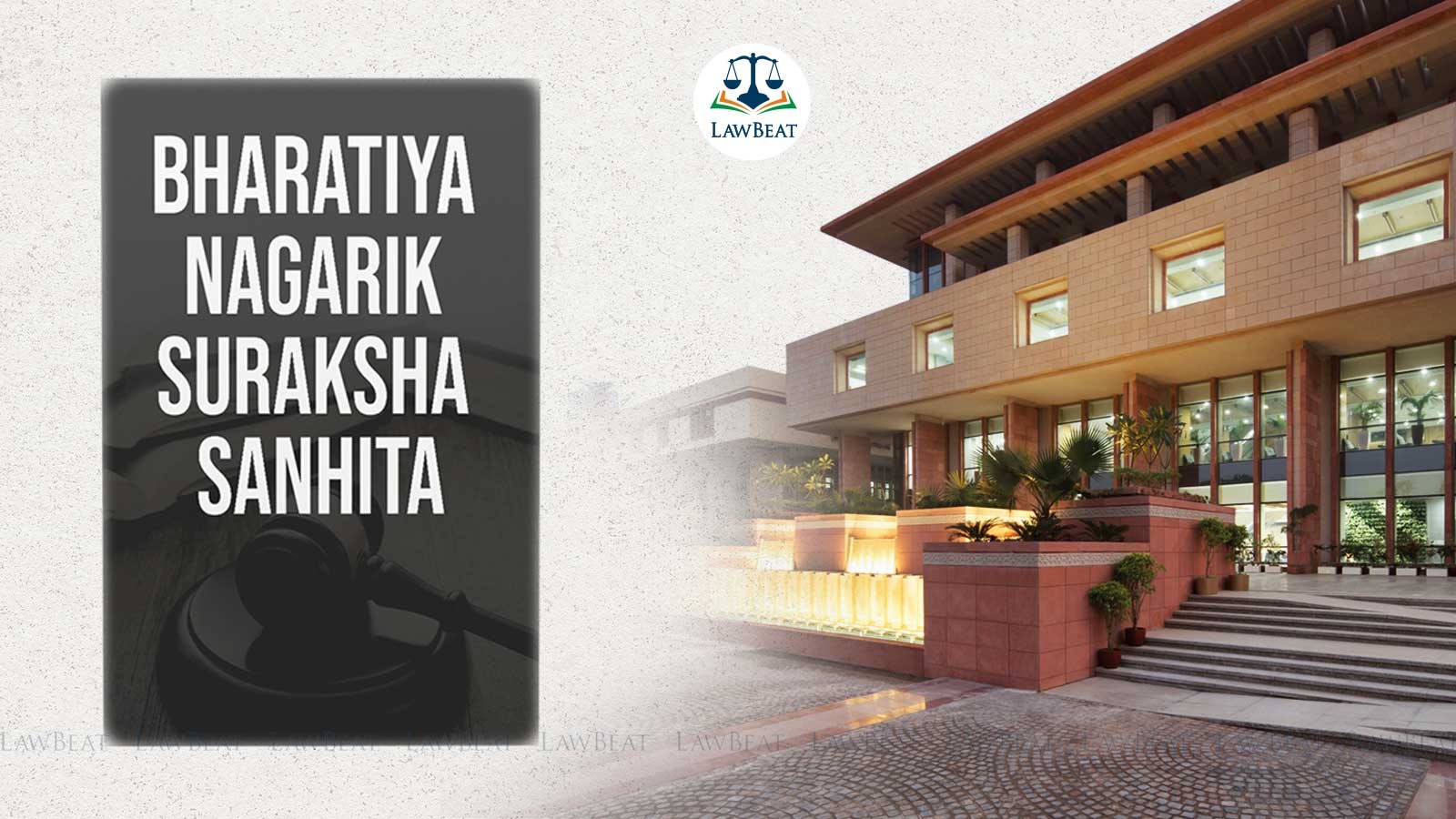'BNSS Emphasizes On Technological Integration; Heralding Transformative Era In Criminal Justice': Delhi HC

The court also emphasized, “Mere absence of videography and photography of the recovery does not nullify the case of the prosecution, however, the same can in some circumstances be sufficient to create a doubt as to the veracity of the prosecution’s case”.
The Delhi High Court, recently, held that Bharatiya Nagarik Suraksha Sanhita (BNSS), with its extensive focus on technological integration, initiated a transformative era in criminal justice, fostering a system that was transparent, accountable, and fundamentally aligned with the principles of fairness and justice.
The bench of Justice Amit Mahajan held, “BNSS, with its comprehensive emphasis on technological integration, heralds a transformative era in criminal justice, promoting a system that is not only transparent and accountable but also fundamentally aligned with the principles of fairness and justice”.
The case stemmed from an application moved by an individual, Bantu seeking regular bail under Section 20 of the NDPS Act, 1985, after being arrested for allegedly supplying charas from Himachal Pradesh to Delhi. A raid around 4:10 PM led to his arrest, and 1.1 kg of charas was found in his possession. His initial bail request was dismissed by the trial court.
Advocate Shivendra Singh, representing Bantu, argued Bantu was falsely implicated, noting no independent witnesses were present during the public raid. He also pointed out that Call Detail Records contradicted the prosecution's claim of apprehending Bantu at 4:15 PM, as calls were made from his phone until 6:00 PM.
Additional Standing Counsel Rupali Bandhopadhya, representing the state, opposed the bail application. She argued that the case involved the recovery of a commercial quantity of contraband, thus invoking the stringent provisions of Section 37 of the NDPS Act. She contended that Section 37 should not be interpreted liberally merely on the grounds of affecting the personal liberty of a citizen who had not yet been tried.
The court reaffirmed that, in evaluating a bail application, it had to consider factors such as whether there was a prima facie case or reasonable grounds to believe the accused committed the offense, the unique circumstances of the accused, the likelihood of the offense being repeated, the nature and gravity of the accusation, the severity of the punishment upon conviction, the risk of the accused absconding if released on bail, and reasonable apprehension of witnesses being threatened.
“This Court is of the opinon that the compliance with Section 50 of the NDPS Act was not required when the search was made of the bag carried by the accused person”, the court added. Therefore, even if there were discrepancies in adhering to Section 50, they would not negatively impact the prosecution's case.
Furthermore, the court observed the issue of non-joinder of independent witnesses, given the applicant was apprehended in broad daylight at Majnu ka Tila, Delhi. Despite sufficient time and public presence, the police failed to include any public witnesses. The FIR mentioned that attempts to involve public witnesses at ISBT, Kashmiri Gate, were unsuccessful.
The court reiterated the law, noting that the prosecution's case cannot be dismissed solely because it relies on official witnesses without independent corroboration, provided there is no animosity against the accused. The Court emphasized that explanations for the absence of public witnesses must be examined during the trial, noting that reliable police testimonies can secure a conviction if there's no indication of false implication.
“Almost a decade later, it is abysmal to note that the practice of such mechanical explanations for non-association of public witnesses being offered in almost all cases involving seizure of contraband by the police has continued”, the bench emphasized.
The ongoing practice of mechanical explanations for non-association of public witnesses is concerning. In this case, despite the raiding party's success in apprehending Bantu, no public witnesses were involved, suggesting a lapse in procedure.
The court further opined, “At this stage, prima facie, no cogent explanation has been adduced to tilt the balance in favour of the prosecution on this aspect”. This irregularity in the search procedure should benefit the accused, particularly since he has been in custody since December 28, 2019.
It is pertinent to note that most individuals now possess mobile phones capable of videography. From the above cases, it is evident that the prosecution can justify the absence of videography and photography.
The legislature's recent enactment of the BNSS mandates photography and videography, reflecting a commitment to transparent and accountable investigations. BNSS promotes a system aligned with fairness and justice principles through technological integration.
The court highlighted that photography and videography are globally recognized as best practices for evidence documentation, ensuring better prosecution documentation of recovery during investigations. BNSS requires search and seizure proceedings to be recorded via audio-video means, preferably through mobile phones, which are widely accessible.
“Various courts have recognized that prolonged incarceration undermines the right to life, liberty, guaranteed under Article 21 of the Constitution of India, and therefore, conditional liberty must take precedents over the statutory restrictions under Section 37 of the NDPS Act”, the bench outlined.
Accordingly, the court granted bail to the applicant.
Case Title: Bantu v State Govt of NCT of Delhi (2024:DHC:5006)
